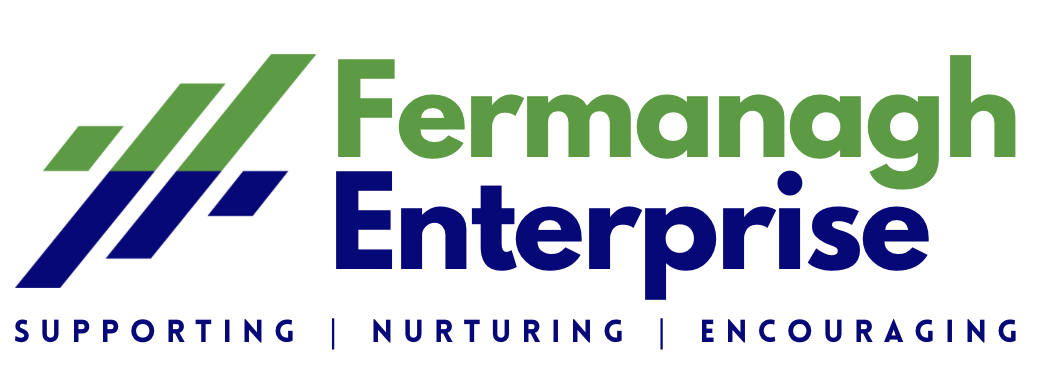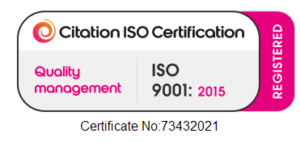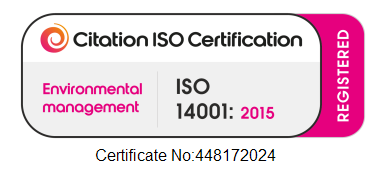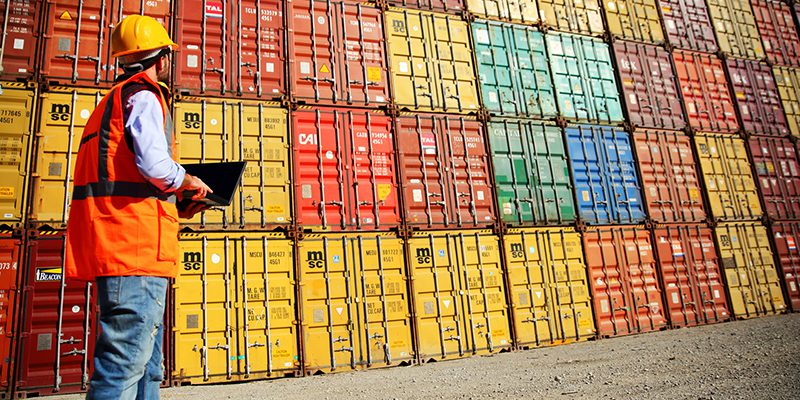There will be new rules on how Northern Ireland businesses can operate from 1 January 2021. This checklist highlights the key actions that your business must take to get ready for the changes at the end of this year.
Follow this checklist to prepare your business for trading after 1 January 2021. Find links to guidance and further support to help you prepare.
- Assess your exposure to changes
Use Invest NI’s EU Exit Resilience Tool to assess where you will need to make changes. The tool is free and available to all businesses. - Register for the Trader Support Service
The Trader Support Service will provide free training and support for businesses for customs processes that will arise for goods moving between GB and NI. The Trader Support Service can provide support in registering for an EORI number, understanding Incoterms and in making declarations for goods moving from GB to NI. Even if you are not sure whether you will buy from/sell to GB in the next year, it is worth registering just in case. - Get an EORI number
If you trade with GB, and you do not already have a UK EORI number you should apply for one now – get an EORI number. There is no risk to having an EORI number if you do not use it. - Find out the commodity code for goods you buy or sell
If you buy from/sell to GB, you will need to know the commodity codes for the goods you purchase and sell. For goods you purchase, you should speak to your supplier, they may be able to tell you the code. You can also check the code using the Trade Tariff. You should check the tariffs applicable under the EU Common External Tariffs and UK Global Tariff (UKGT). - Speak to your haulier
If you move goods to or from GB, ask you haulier what information they will need from you. Find out whether your goods routinely move through Dublin port, as processes will be different for goods that travel via Ireland. - Speak to suppliers
Ask your suppliers what preparation they have made for Brexit. If your supplier is in GB ask whether the Incoterms (the terms which define the responsibilities of buyers and sellers) will remain the same and who will be responsible for declaring goods to customs. You should suggest that your supplier registers for the Trader Support Service. - Check your goods regulation
Check whether your goods must meet EU standards and how these goods are approved for the EU market at the moment. Ask your supplier whether they will continue to ensure the products meet the requirements for the EU market. - Consider your data
Make a list of all the data flows into and out of your business. If you receive personal data from the EU, you may need to take action. The Information Commissioner’s Office has information on possible steps you will need to take. - Apply for the EU Settlement Scheme
If you or one of your staff is an EEA national (excluding Ireland), you or they will need to apply to the EU Settled Status Scheme. Your employees risk not being able to continue living or working in the UK if they do not apply to the scheme. Apply to the EU Settlement Scheme. - Apply for an Immigration Sponsorship Licence
If you wish to hire foreign nationals (EU and non-EU, excluding Irish nationals) you will be required to apply for a sponsorship licence from the Home Office. You should also consider the impacts of the new points-based immigration system on recruitment timelines and the costs of the immigration fees associated with the skilled worker route.
Source: NIBUSINESSINFO










